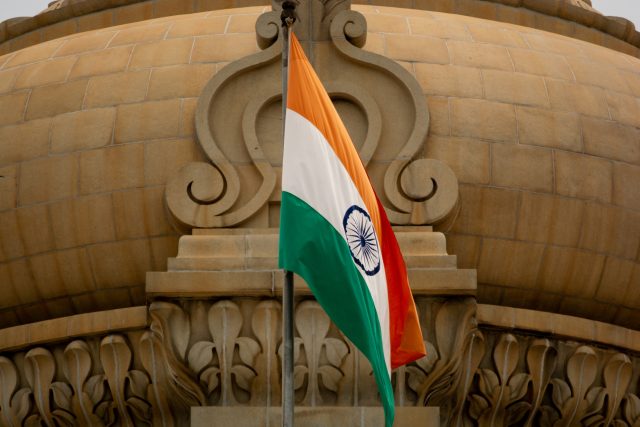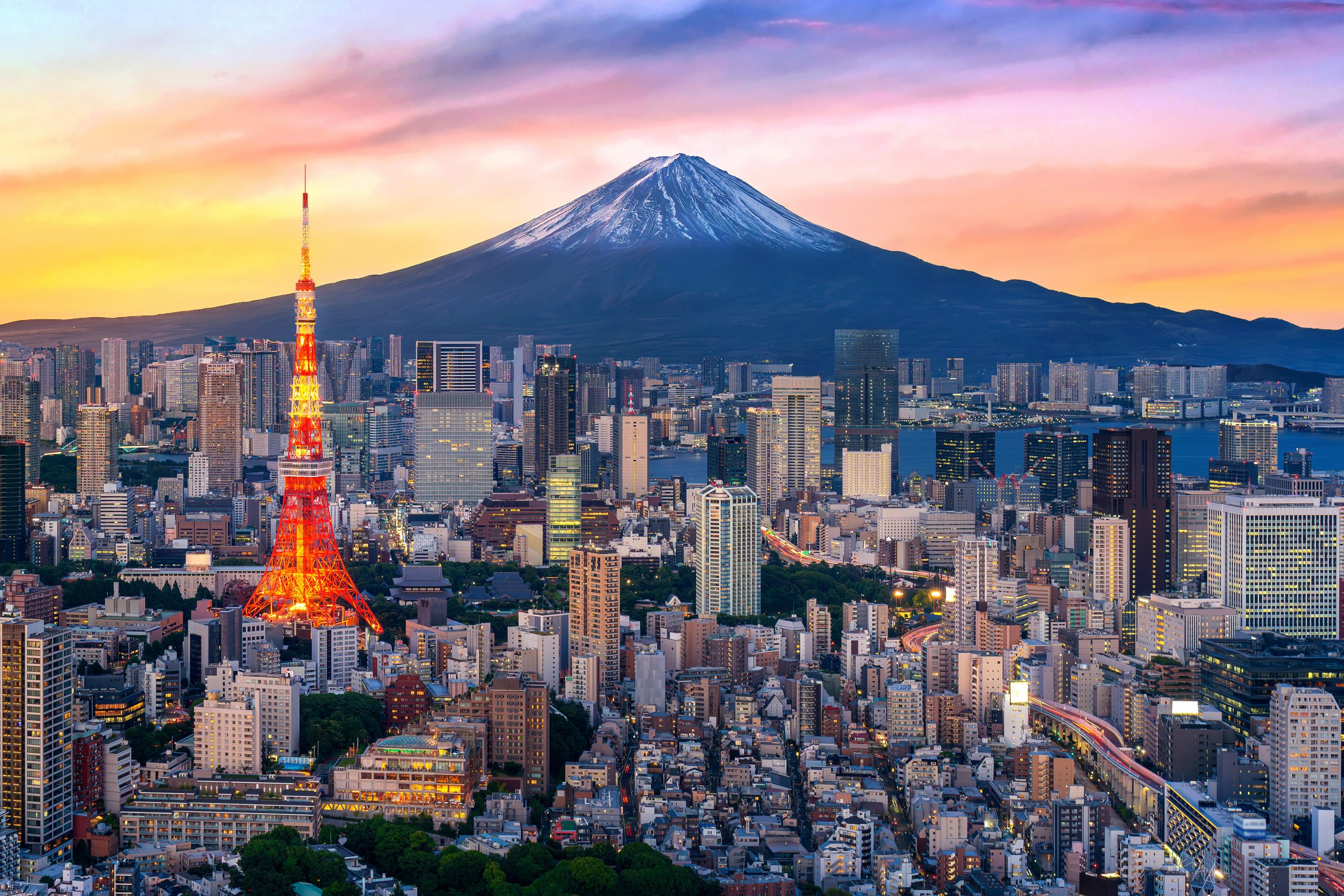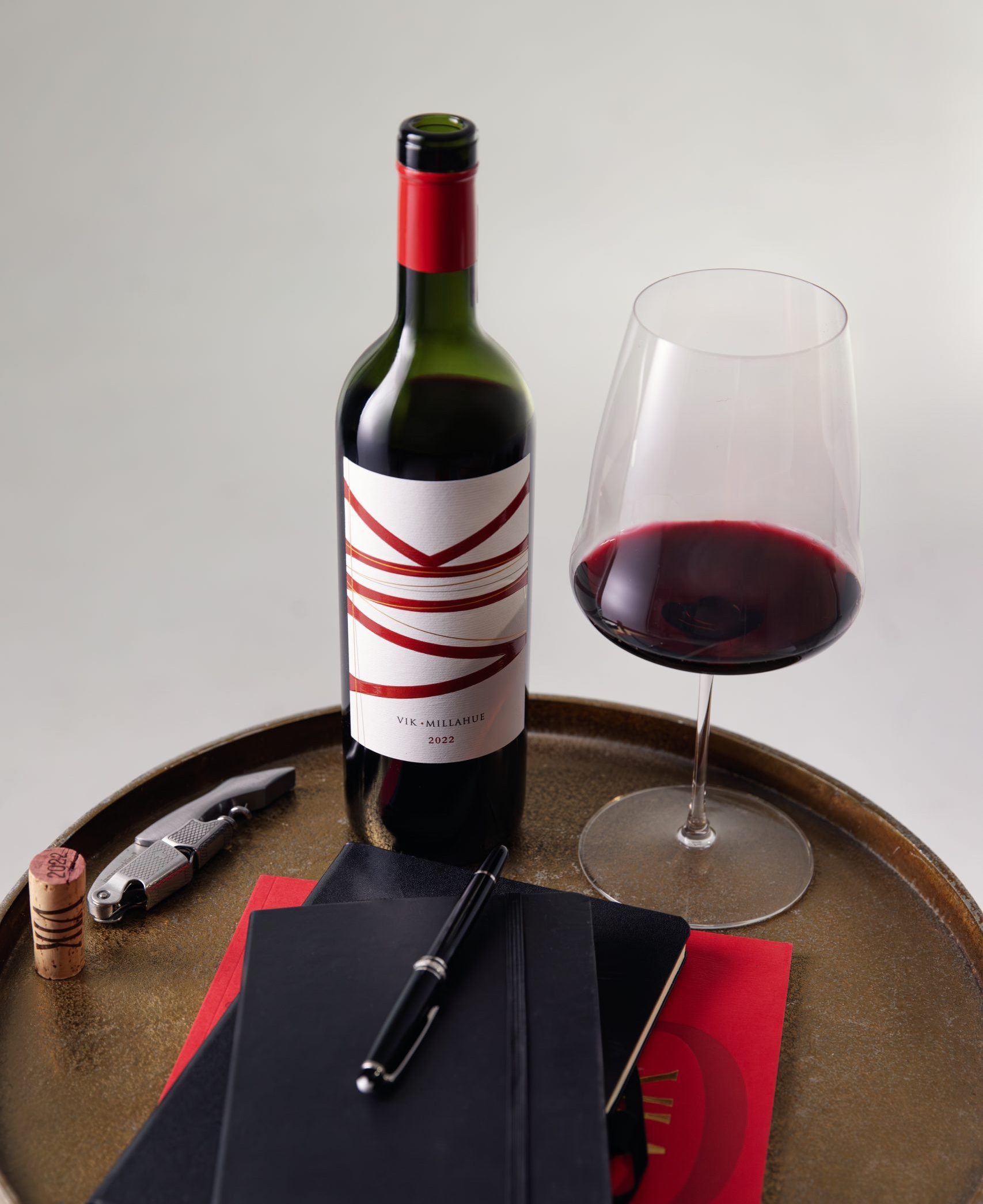Alcohol advertising laws strengthened in India
The Indian government is about to make life even harder for alcohol companies. Ron Emler reports.

The world’s largest country by population already outlaws direct advertising of alcohol and is set to bring in legislation that will outlaw surrogate commercials and the sponsoring of events, according to Reuters.
That could have a huge impact on the major beverage alcohol companies who are fighting for a share of the burgeoning market and oblige them to redraw their brand strategies.
WHO
According to the World Health Organisation, India’s consumption of alcohol will rise to nearly seven litres a head by 2030 compared with five litres in 2019.
That will be driven by a growingly affluent population in which nearly two million people a year attain the age of legal consumption.
Euromonitor calculated that India is already the world’s eighth-biggest alcohol market by volume, worth about US$45 billion.
It is Pernod Ricard’s second largest market, providing more than 10% of its sales and chairman and CEO Alexandre Ricard has called it a “must win” market.
His competitors are fighting equally hard for market share. Diageo’s United Spirits subsidiary is the largest player while Suntory and Brown Forman have set up their own subsidiaries there to enhance their presence.
Tuborg
Under the plans, for example, Carlsberg would no longer be permitted to promotes its Tuborg drinking water in India by showing film stars at a rooftop party using the slogan “Tilt Your World”, which echoes its beer commercials.
Nor would Diageo’s YouTube ad for its non-alcoholic Black & White ginger ale be permitted.
That has been viewed more than 60 million times and features the iconic black-and-white terriers used to promote the scotch whisky brand of the same name.
There is even doubt whether companies could promote “Double 00” non-alcoholic versions of gin or vodka if packaging or imagery reflects the full strength product of the same name.
Partner Content
Mallya
One of the past’s most blatant attempts to cash in on name association which is known to have infuriated now Prime Minister Mahendra Modi was dreamt up by now exiled fugitive Vijay Mallya.
It is said he deliberately named his calamitous airline Kingfisher so as to draw symbiotic association with his United Breweries top selling brand, and to deliberately circumvent the ban on direct alcohol advertising.
He named his Indian Premier League cricket team “Royal Challengers Bangalore” to reflect United Spirits’ Royal Challenger whiskey brand.
Now backed by Diageo, that name would be prohibited.
Fines
Nidhi Khare, the senior civil servant heading the consumer affairs department in Delhi, has told Reuters in an interview that the newly re-elected government plans to bring in swingeing fines for companies, and bans for celebrities endorsing tobacco and liquor ads deemed misleading,
“You can’t take a circuitous way to promote products,” he is reported as saying.
“If we find ads to be surrogate and misleading, then even those who are endorsing (products), including celebrities, will be held responsible.”
Extensions
The new rules call for “prohibition against engaging in surrogate advertisement”, which extends to sponsorships and ads for products viewed as “brand extensions” that share the characteristics of an alcohol brand, the draft legislation says.
Manufacturers and endorsers could face fines of up to IR5 million (US$60,000), while promoters risk endorsement bans running from one to three years.
Members of the International Spirits and Wines Association of India “are committed to a compliant way of building brand extension businesses,” said its outgoing chief executive, Nita Kapoor.
The group was in talks with the government and supported advertising of “genuine” brand extensions, she added.
Related news
Will the new EU free trade agreement open up India to fine wine?
Bombay High Court gives Vijay Mallya final chance to return and contest fugitive status
Pernod Ricard probes alleged fake Ballantine’s labels in India warehouse raid




